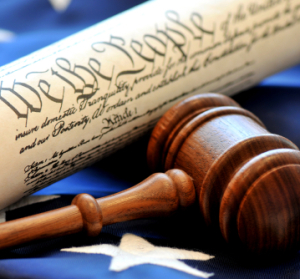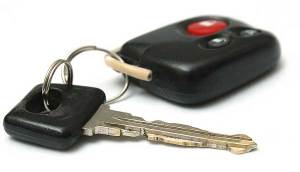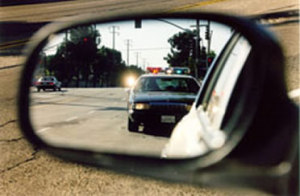 Civil Right Restoration in Florida currently takes decades for the state Board of Executive Clemency to process because they have 4 clemency hearings a year where the Governor and the Cabinet consider requests by fewer than 100 people at a time to restore their right to vote, run for office or own a gun. See Miami Herald, “Thousands of Florida Felons Wait Decades to Regain the Right to Vote,” published July 13, 2017, by Steve Bousquet. There are more than 20,000 clemency applications pending at the moment. This has been a long-standing issue in the State of Florida and there are numerous options being considered. One of these options is House Bill 903.
Civil Right Restoration in Florida currently takes decades for the state Board of Executive Clemency to process because they have 4 clemency hearings a year where the Governor and the Cabinet consider requests by fewer than 100 people at a time to restore their right to vote, run for office or own a gun. See Miami Herald, “Thousands of Florida Felons Wait Decades to Regain the Right to Vote,” published July 13, 2017, by Steve Bousquet. There are more than 20,000 clemency applications pending at the moment. This has been a long-standing issue in the State of Florida and there are numerous options being considered. One of these options is House Bill 903.
Rep. Cord Byrd, of Jacksonville Beach, has introduced House Bill 903, entitled the Economic Redemption and Restoration of Constitutional Rights Act. If passed, this law would authorize certain convicted felons to petition for constitutional or civil rights to be restored in the circuit court of the county in which the felon resides or in the county where the felon was convicted. The petition must contain the following:
- Documentation showing the conviction, the sentence imposed and served, and any release granted or other disposition of each case











